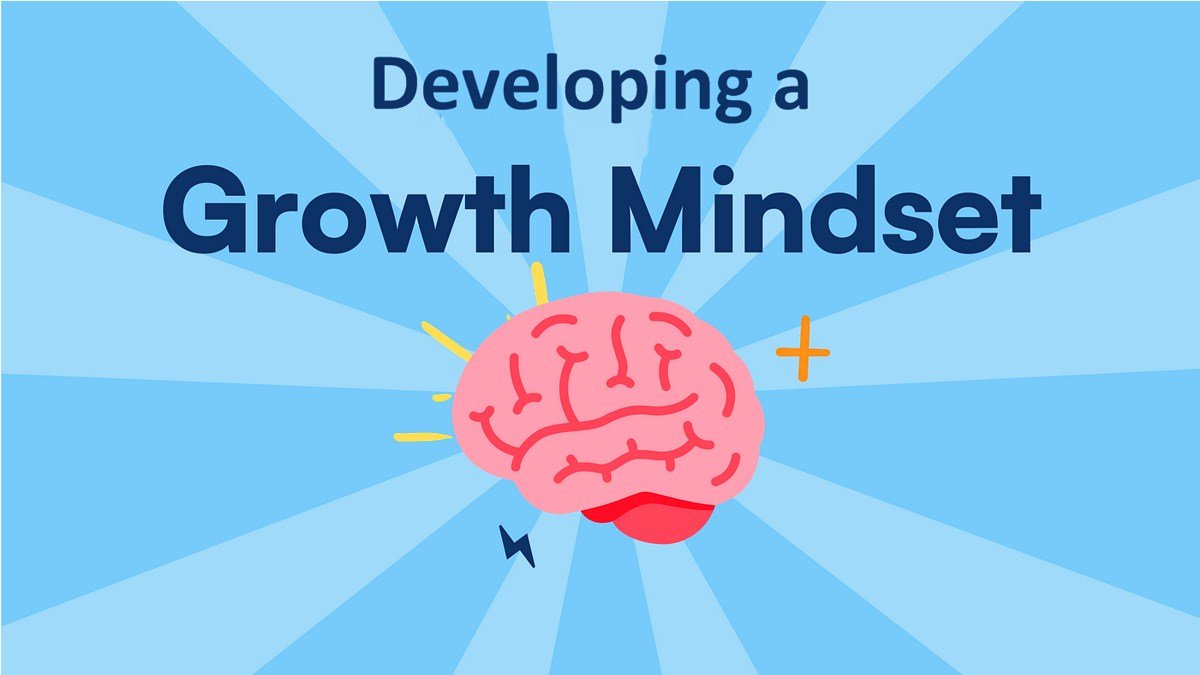The Benefits of Early Literacy Interventions

The Benefits of Early Literacy Interventions cannot be overstated in today’s rapidly evolving educational landscape. Early literacy serves as the cornerstone for academic success, cognitive development, and lifelong learning. By targeting young learners during their formative years, literacy interventions aim to equip them with essential reading and writing skills that lay the foundation for future academic achievements.
In recent years, educators, policymakers, and parents alike have recognized the critical importance of early literacy interventions in shaping the trajectory of a child’s educational journey. By focusing on the development of foundational literacy skills such as phonics, vocabulary, and comprehension, these interventions empower children to become confident readers and effective communicators.
1. Foundational Literacy Skills
At its core, early literacy intervention aims to equip children with foundational literacy skills, such as phonemic awareness, vocabulary development, comprehension strategies, and fluency. Research indicates that children who receive timely and targeted interventions in these areas demonstrate significant improvements in reading proficiency compared to their peers who do not benefit from such support.
- Phonemic Awareness: This refers to the ability to identify and manipulate individual sounds in spoken words. Early interventions focus on phonemic awareness activities, enabling children to grasp the fundamental building blocks of reading and spelling. Mastery of phonemic awareness fosters phonological processing skills, essential for decoding and encoding words.
- Vocabulary Development: A robust vocabulary serves as a cornerstone for reading comprehension and academic achievement. Early literacy interventions incorporate vocabulary-building activities, exposing children to a rich array of words and contexts. Through explicit instruction and meaningful interactions, students expand their lexical repertoire, enhancing their capacity to comprehend complex texts and express ideas effectively.
Read More: How to Find a Literary Agent for Your Book
2. Enhanced Academic Achievement
Early literacy interventions yield tangible benefits in terms of academic achievement across subject areas. Proficient reading skills facilitate comprehension, critical thinking, and information retention, empowering students to excel in diverse academic contexts.
- Reading Proficiency: Mastery of early literacy skills paves the way for reading proficiency, a crucial determinant of academic success. Interventions targeting reading fluency, comprehension strategies, and content-area literacy equip students with the tools to navigate challenging texts, engage with academic content, and achieve desired learning outcomes.
- Cognitive Development: Beyond the acquisition of specific literacy skills, early interventions stimulate cognitive development, enhancing students’ analytical, problem-solving, and inferential reasoning abilities. Engaging with literacy-rich environments fosters intellectual growth, enabling students to synthesize information, draw connections, and construct meaning from various sources.
3. Positive Socio-Emotional Outcomes
Early literacy interventions extend beyond academic domains, fostering positive socio-emotional outcomes that contribute to holistic development. By nurturing a love for reading, cultivating self-efficacy, and promoting collaborative learning environments, these interventions shape well-rounded individuals with essential life skills.
- Self-Efficacy and Motivation: Mastery of early literacy skills instills students’ sense of accomplishment and confidence, bolstering their self-efficacy and intrinsic motivation. As children experience success in reading and writing tasks, they develop a growth mindset, embracing challenges, persisting in the face of obstacles, and striving for continuous improvement.
- Social Skills and Collaboration: Early literacy interventions emphasize collaborative learning experiences, fostering interpersonal skills, empathy, and effective communication. Through shared reading activities, group discussions, and cooperative projects, students learn to collaborate, respect diverse perspectives, and work harmoniously with peers, preparing them for future academic and professional endeavors.
4. Long-Term Impact and Lifelong Learning
The benefits of early literacy interventions resonate beyond the immediate academic context, exerting a lasting impact on individuals’ lifelong learning trajectories. By equipping students with essential literacy skills, fostering a passion for reading, and cultivating critical thinking abilities, these interventions lay a solid foundation for continuous intellectual growth and personal fulfillment.
- Lifelong Learning and Civic Engagement: Proficient literacy skills enable individuals to engage actively in lifelong learning pursuits, stay informed about current events, and contribute meaningfully to their communities. As informed citizens, literate individuals participate in democratic processes, advocate for social justice, and enrich civic discourse, embodying the transformative power of education.
- Professional Success and Economic Mobility: Beyond the educational sphere, early literacy interventions facilitate professional success and economic mobility, opening doors to diverse career opportunities and higher earning potential. Individuals equipped with strong literacy skills possess the communication, critical thinking, and problem-solving abilities sought after by employers across industries, empowering them to achieve their professional aspirations and secure financial stability.
Read More: 13 Teacher-Tested Financial Literacy Lessons That Pull Students In
Conclusion
In summary, early literacy interventions play a pivotal role in shaping children’s academic trajectories, fostering socio-emotional development, and empowering individuals to thrive in an increasingly complex world. By prioritizing early identification, targeted support, and evidence-based practices, educators, policymakers, and stakeholders can harness the transformative power of literacy to unlock untapped potential, cultivate lifelong learners, and build vibrant communities grounded in knowledge, empathy, and opportunity.
Embracing a comprehensive approach to early literacy interventions ensures that all children have equitable access to high-quality education, enabling them to realize their full potential and contribute meaningfully to society.
FAQs
What age group benefits the most from early literacy interventions?
Early literacy interventions are most effective when implemented during the preschool and early elementary years, laying the foundation for future learning and development.
How can parents get involved in early literacy programs?
Parents can get involved in early literacy programs by reading with their children, attending parent-teacher conferences, and volunteering in the classroom.
Are there any risks involved in early literacy interventions?
While early literacy interventions offer numerous benefits, it’s essential to consider potential risks such as funding constraints, resource limitations, and parental apathy.
How do schools implement early literacy interventions?
Schools implement early literacy interventions by conducting regular assessments, tailoring interventions to individual needs, and engaging parents and caregivers in the learning process.
What are some resources for early literacy interventions?
Some resources for early literacy interventions include evidence-based programs, educational materials, and professional development opportunities for educators.







